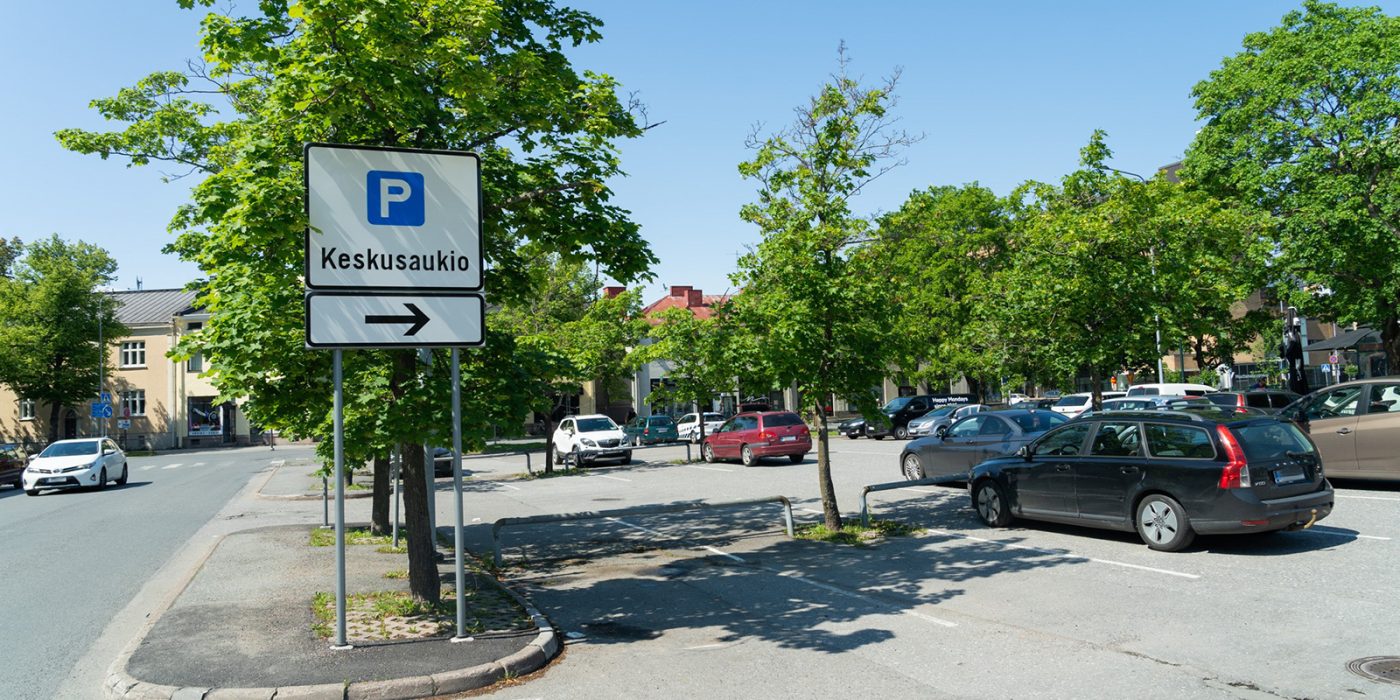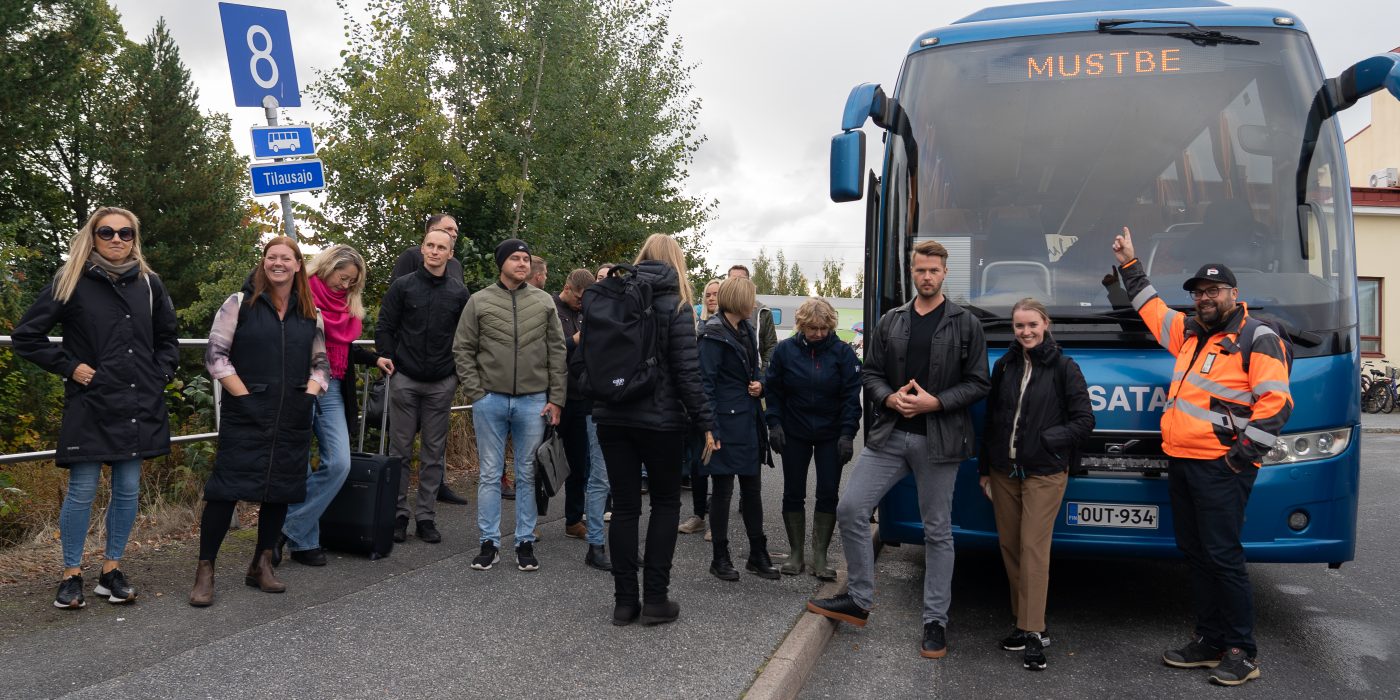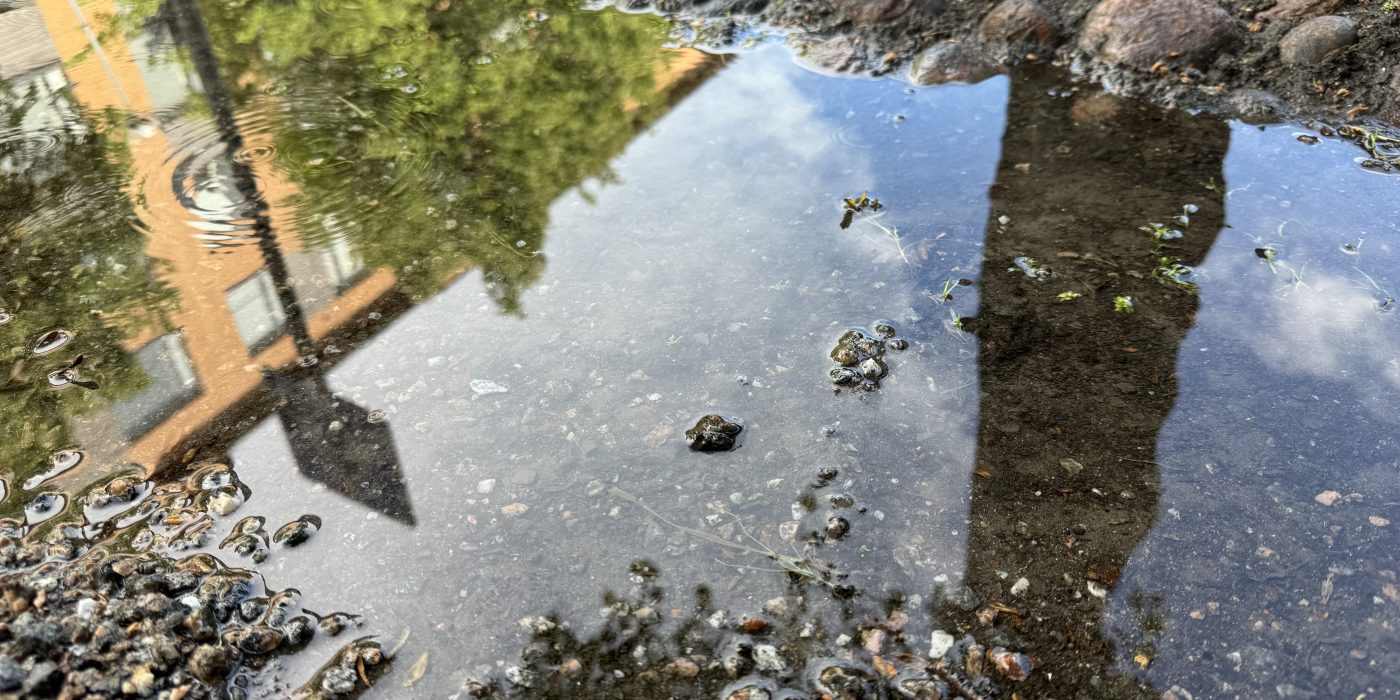The First MUSTBE Pilot Sites Constructed
Pori is the first MUSTBE project partner to complete the construction of its nature-based stormwater solutions. The sites were completed in the autumn, and their performance is now being monitored. Before reaching this stage, Pori—like all other pilot locations—focused on preparatory work, including planning, sampling, and baseline measurements. The construction of the remaining five pilot sites is set to begin in 2025.
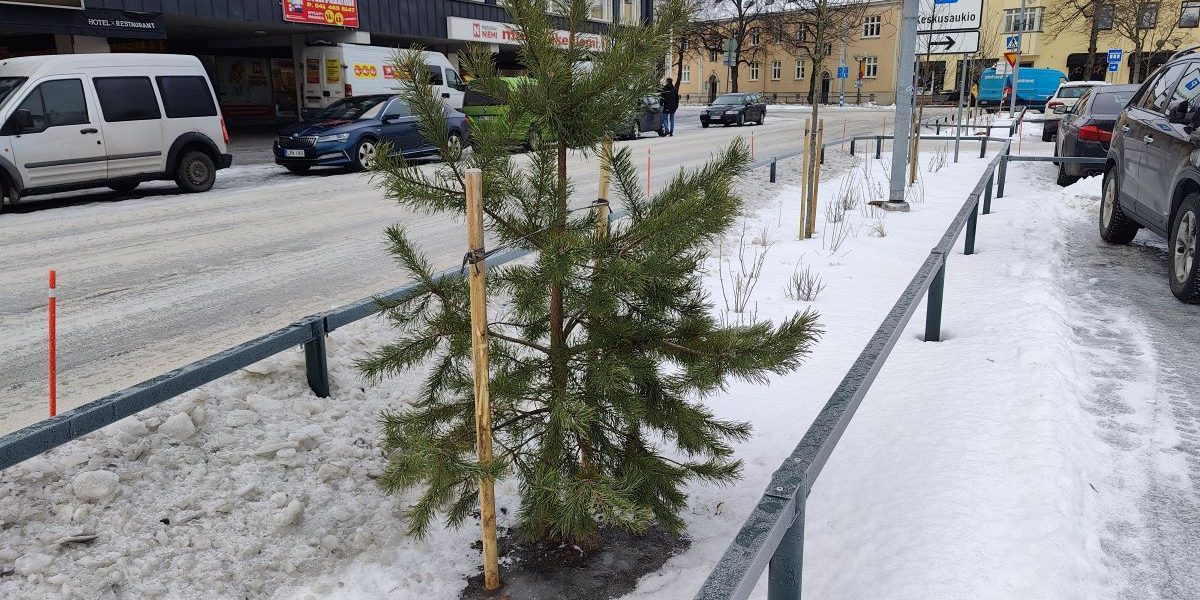
Siim Reinla, Project Manager and Lead Partner from Viimsi Municipality in Estonia highlights the completion of Pori's two pilot solutions as the most significant achievement of the project in 2024.
– We now have over a year to measure the effectiveness of these solutions in stormwater management at the Pori pilot sites, says Reinla.
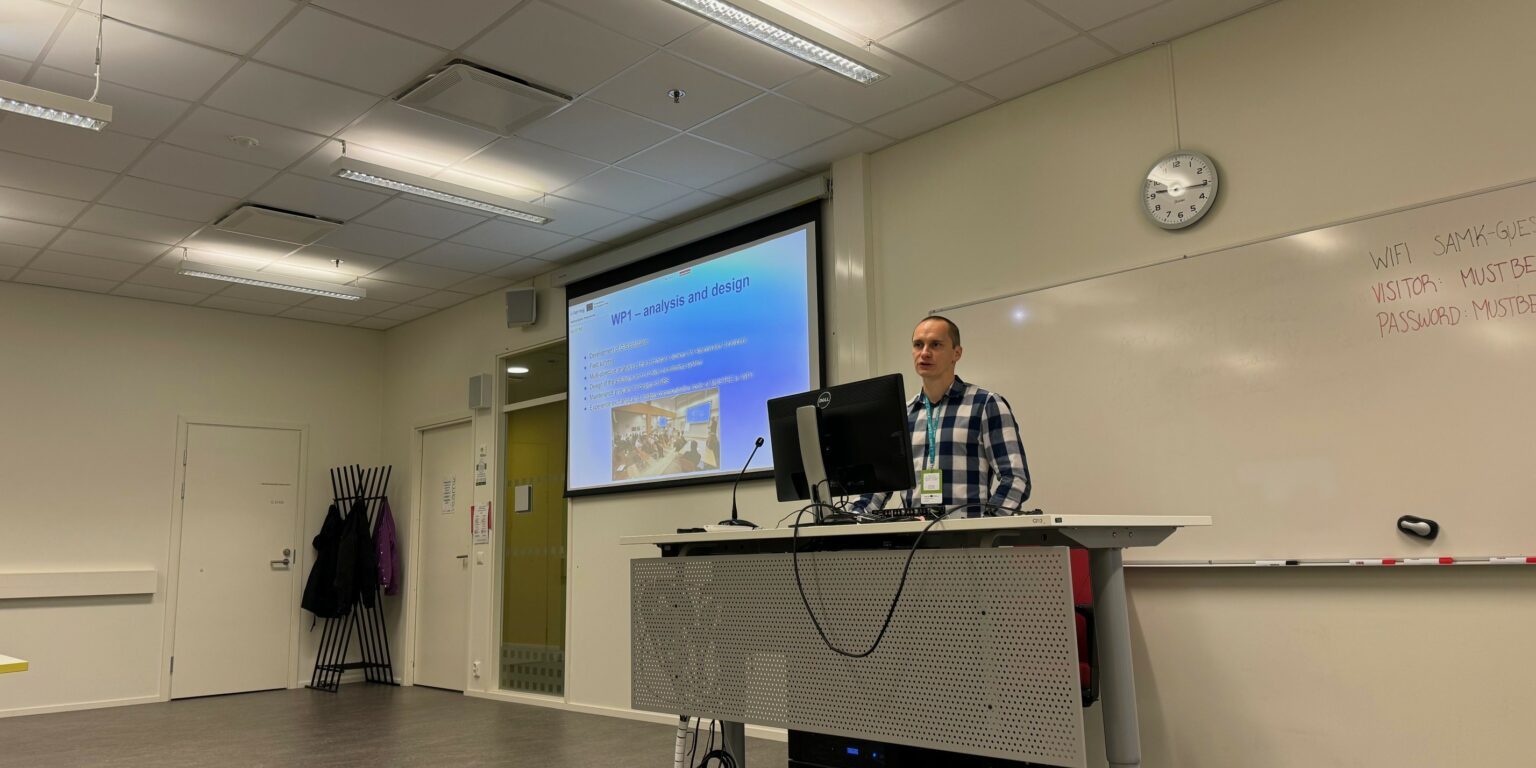
Throughout 2024, the project's other sites focused on finalising pilot site designs. In addition to Pori, the project includes pilot sites in Viimsi (Estonia), Tallinn (Estonia), Riga (Latvia), and two locations in Söderhamn (Sweden). Reinla tells that at the beginning of 2024, TalTech and RTU completed the preliminary designs for the pilot sites in Viimsi, Tallinn, Riga, and Söderhamn. After this, the municipalities started preparing their technical plans. Pori, Viimsi, and Tallinn have finalised their technical plans, while Söderhamn and Riga are still finalising theirs.
– Technical plans can be seen as an indicator that the project has progressed about one-third of the way: the first part is planning, the second is construction, and the third is measuring the efficiency of the nature-based solutions, Reinla explains.
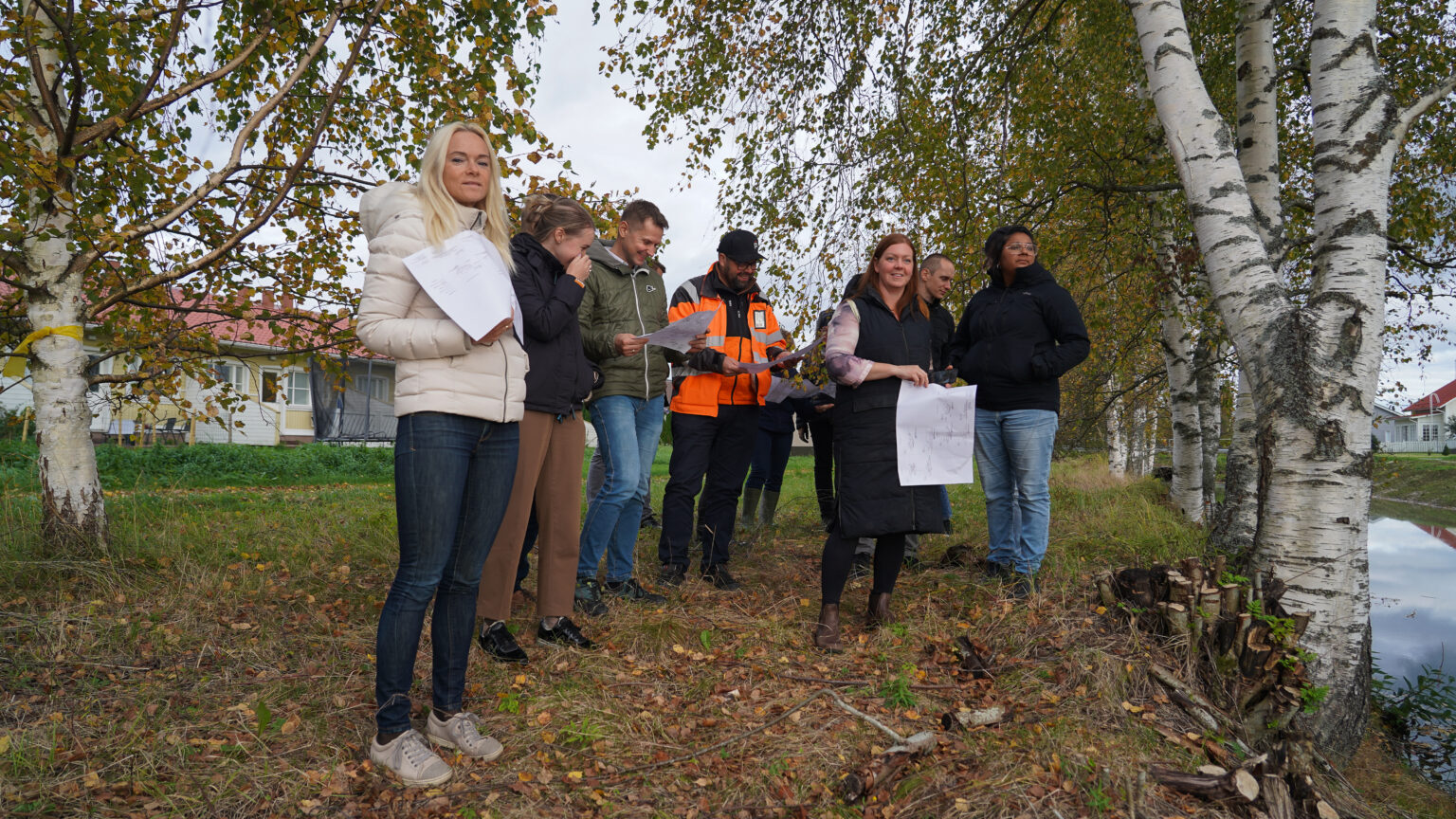
A Busy Year Ahead
Expectations for 2025 are high. One of the first steps of the year will be launching the construction of NBS at the pilot sites in Estonia. Riga and Söderhamn will begin the year by finalising their technical plans and initiating construction work.
– The year 2025 will be extremely busy for the MUSTBE project. All NBS at the pilot sites should be completed, and the project will focus on measuring their effectiveness and disseminating the results across the Central Baltic region, summarises Siim Reinla.
The concrete project results also mean an increased focus on communication to ensure that awareness of these solutions, their benefits, and potential is spread throughout the Central Baltic region.
More information about the project is available on the Maritime Logistics Research Centre’s project page and the Central Baltic project page, where you can also find updates on upcoming project events.

